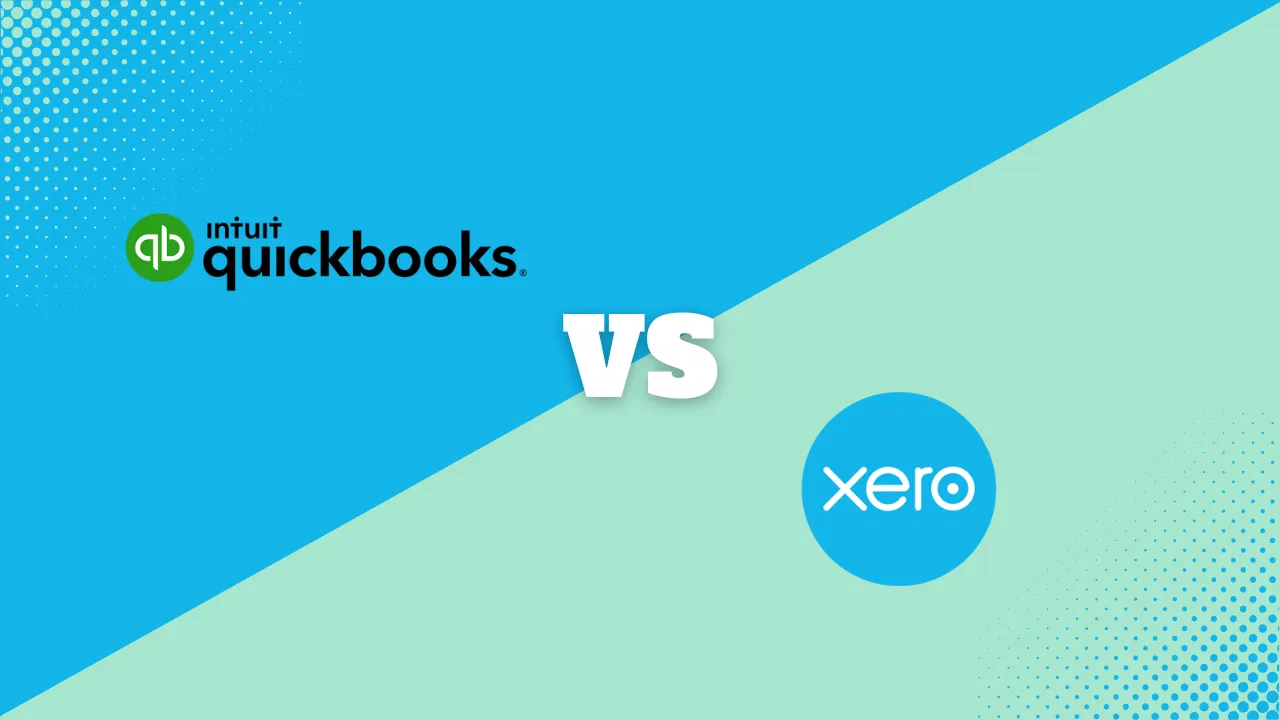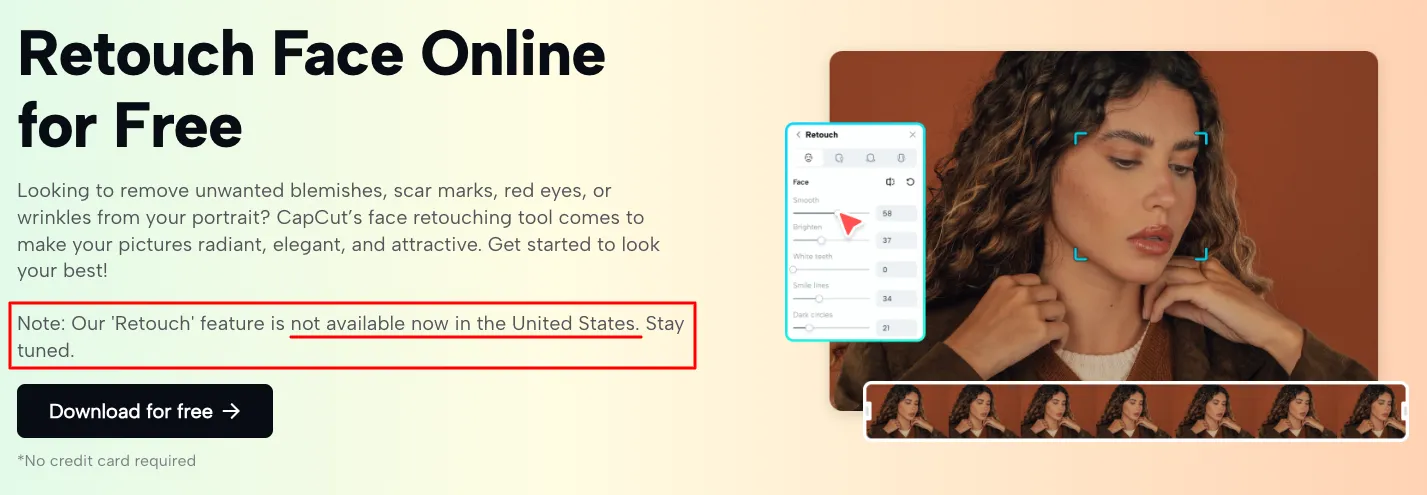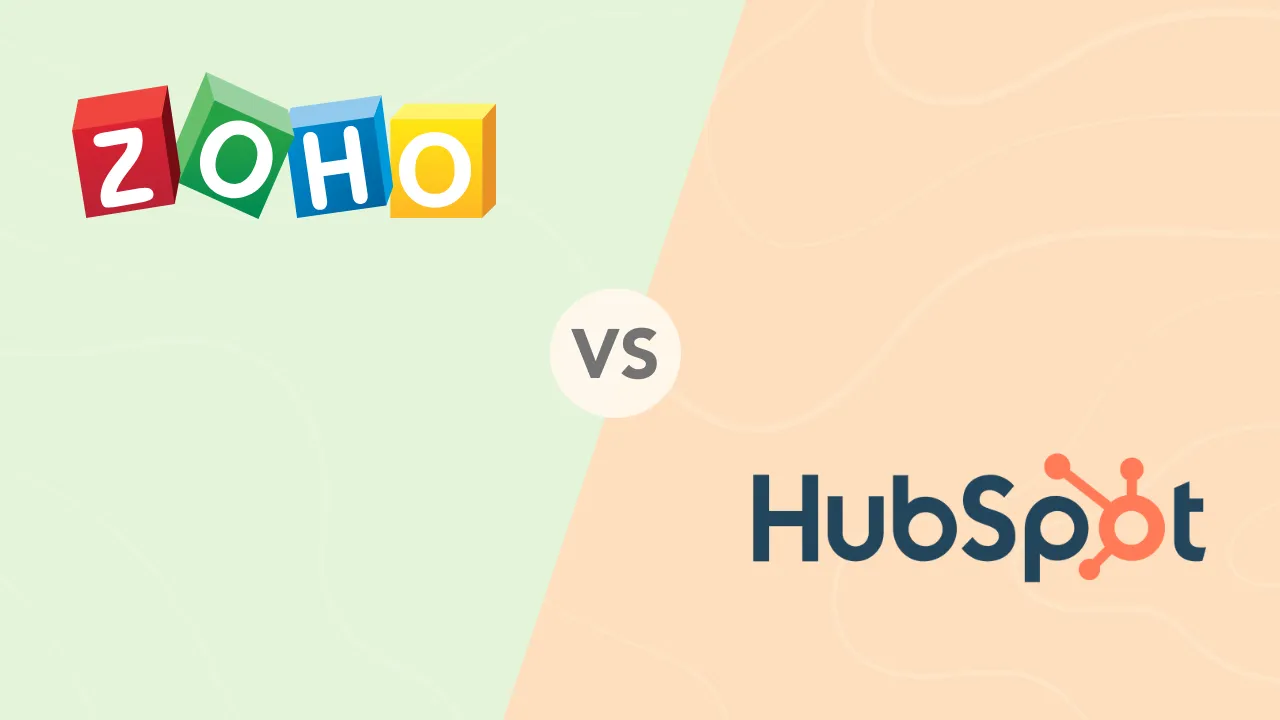How Software Can Enhance Your Healthcare Business
The healthcare industry is constantly evolving, and software is playing a critical role in this evolution. Software is helping healthcare businesses to improve efficiency, reduce costs, and provide better care.
This article will discuss how software can improve your healthcare business. We will cover four essential types of software: accounting software, project management software, CRM software, and email marketing software.
Accounting Software
Effective financial management is essential for the smooth functioning of any healthcare business. Accounting software streamlines financial processes, improves accuracy, and provides valuable insights. Here's how accounting software can benefit your practice:
Simplified bookkeeping: With accounting software, you can automate bookkeeping tasks such as invoicing, expense tracking, and financial reporting. This eliminates manual errors and reduces administrative burdens, allowing you to focus on patient care.
Efficient billing and invoicing: Healthcare practices deal with numerous billing transactions. Accounting software simplifies billing by generating accurate invoices, tracking payments, and reconciling accounts. This improves cash flow and reduces billing errors.
Financial analysis and reporting: Accounting software provides comprehensive financial reports, including profit and loss statements, balance sheets, and cash flow statements. These reports offer valuable insights into your practice's financial health, helping you make informed business decisions.
Project Management Software
Healthcare businesses often juggle multiple projects simultaneously, such as implementing new services or launching marketing campaigns. Project management tools help streamline workflows and ensure efficient project execution. Here's how project management software can benefit your practice:
Task and timeline management: Project management tools enable you to create project tasks, assign responsibilities, set deadlines, and track progress. This ensures that everyone involved in the project stays organized and on track.
Collaboration and communication: Healthcare projects often involve collaboration among various stakeholders. Project management software provides a centralized platform for team members to communicate, share files, and collaborate on project-related tasks. It fosters effective teamwork and enhances productivity.
Resource allocation: With project management software, you can allocate resources effectively, ensuring that staff, equipment, and facilities are optimally utilized. This minimizes bottlenecks and ensures projects are completed within the allocated time and budget.
CRM Software
Customer Relationship Management (CRM) systems are not just limited to sales and marketing industries; they are equally valuable for healthcare businesses. CRM software helps streamline patient management, enhance patient relationships, and improve overall satisfaction. Here's how CRM systems can benefit your practice:
Centralized patient database: CRM systems enable you to maintain a centralized database of patient information, including contact details, medical history, and preferences. This facilitates personalized care and allows for better communication with patients.
Appointment management: CRM systems offer efficient appointment scheduling, automated reminders, and notifications. This reduces no-show rates, optimizes scheduling, and enhances patient satisfaction.
Patient engagement: CRM systems enable personalized patient communication, such as sending targeted emails or SMS notifications for health check-ups, vaccination reminders, or preventive care programs. This helps build long-term relationships and fosters patient loyalty.
Email Marketing Software
Email marketing is a powerful tool for healthcare businesses to engage with patients, share educational content, and promote services. Email marketing platforms simplify the process of creating, sending, and tracking email campaigns. Here's how email marketing platforms can benefit your practice:
Personalized communication: Email marketing platforms allow you to segment your patient database and send personalized emails based on specific demographics, medical conditions, or preferences. This helps deliver tailored content that resonates with your patients.
Appointment reminders and notifications: Email marketing platforms facilitate automated appointment reminders and notifications. This reduces missed appointments, improves patient punctuality, and enhances overall practice efficiency.
Educational content: Email marketing allows you to share educational content, health tips, and updates about your practice. This positions your practice as a trusted source of information, strengthening patient relationships.
The Bottom Line
Software can be a valuable asset for any healthcare business. By using the right software, you can improve your efficiency, reduce your costs, and provide better care to your patients.
The four types of software discussed in this article are just a few of the many software options available to healthcare businesses. With so many options to choose from, you can find the right software to help you achieve your business goals.
Additional Benefits of Using Software in Healthcare
In addition to the benefits mentioned above, the software can also help healthcare businesses to:
- Improve patient satisfaction
- Increase compliance with regulations
- Reduce the risk of errors
- Improve communication between staff
- Make better decisions
Software is a great place to start if you are looking for ways to improve your healthcare business. By using the right software, you can streamline your operations, improve your efficiency, and provide better care to your patients.



















